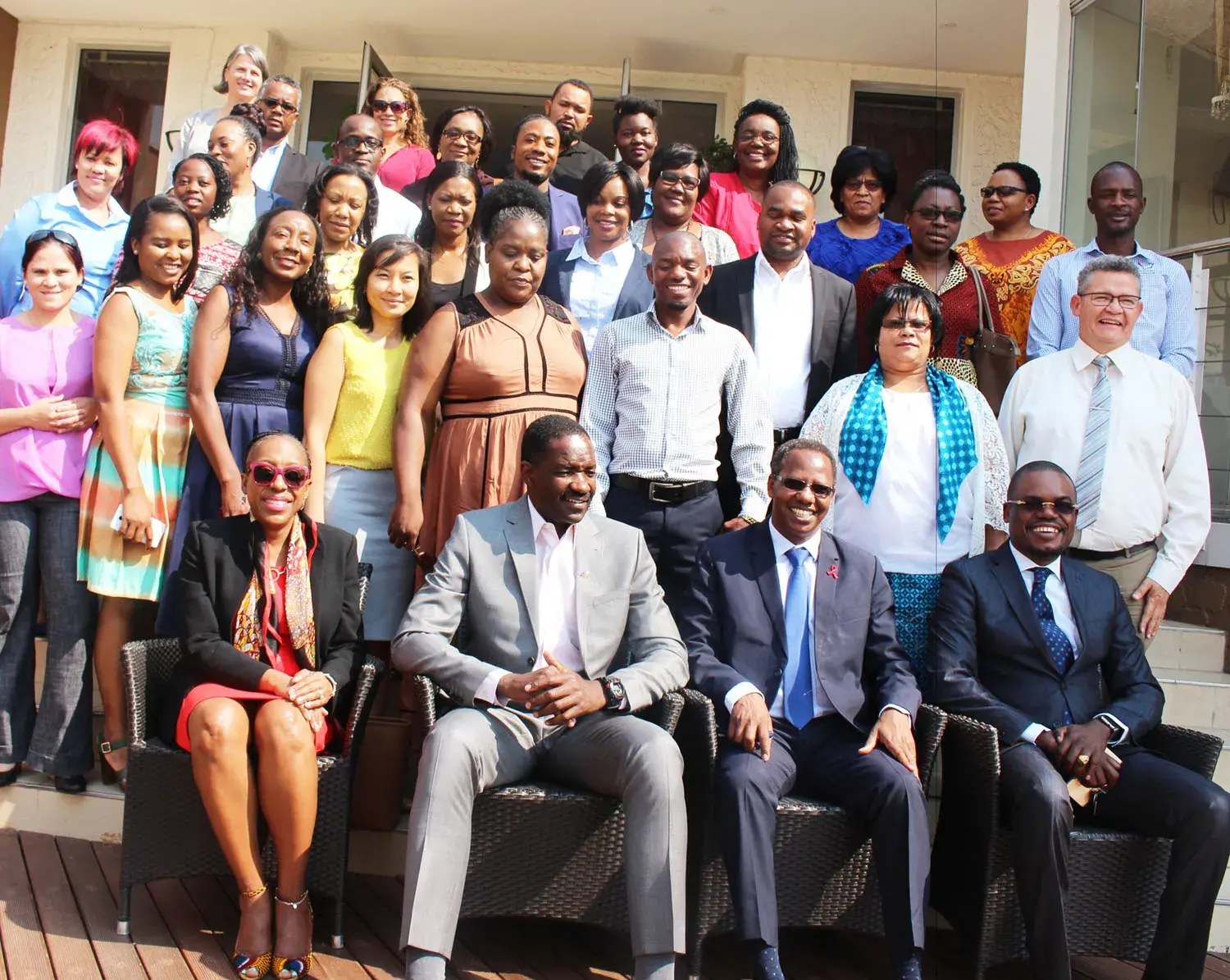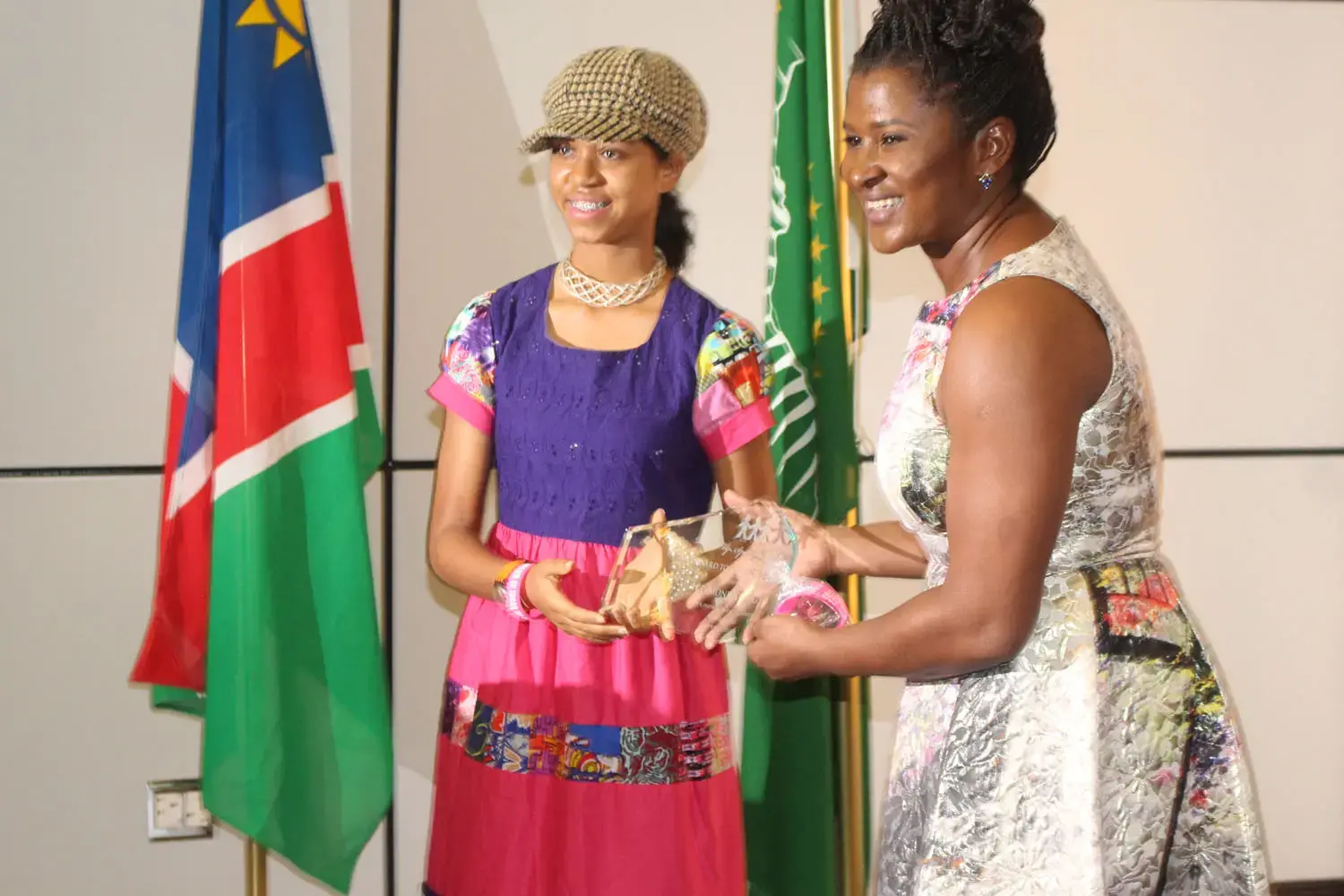WINDHOEK, NAMIBIA: Stakeholders met on 21 September 2017 to discuss the HIV combination prevention roadmap for Namibia and disseminate the draft National HIV Strategic Framework (NSF) for 2017-2022. The NSF, once approved, will serve as the strategic guidance for scaling up HIV services in order to achieve the Fast Track targets set out in the 2016 Political Declaration.
The meeting was convened by the Ministry of Health and Social Services (MoHSS) in partnership with UNFPA and UNAIDS.
Globally, there is consensus that in order to achieve a 75% reduction in new HIV infections by 2020, primary prevention programmes are to be rapidly scaled up alongside treatment.
Therefore, the UN member states in the 2016 Political Declaration on Ending AIDS committed to reaching 90% of young people at risk and key populations with tailor-made HIV primary prevention programmes. These programmes will address biological, behavioural and structural barriers to accessing the 5 pillars of combination prevention: targeted services for adolescent girls and young women, targeted interventions for key populations, access to condoms, voluntary medical male circumcision (VMMC), and Pre-exposure prophylaxis (PreP).
In October 2017, a Global Prevention Coalition roadmap will be launched in Geneva to galvanize countries towards achieving the set global and national prevention targets. Each member state is expected to develop a roadmap towards the vigorous scale up of primary prevention programmes.
In his remarks, Health Minister Bernard Haufiku said although Namibia has made significant progress against the global targets, more still needed to be done.
“More people than ever before are on treatment. Mother-to-child transmission of HIV is close to elimination, while the number of children living with HIV is falling and domestic financing of the HIV response is increasing,” he said.
“Despite this progress, new infections among adolescents and adults have been declining far too slow,” said Haufiku, adding, “We have to do business unusually, else we will not meet our 90-90-90 targets.”
UNFPA Representative, Dennia Gayle, who also attended the meeting, urged stakeholders to rally behind the full implementation of the NSF.
“If we want zero new infections, zero discrimination and zero AIDS-related deaths, partnership is inevitably needed. As for UNFPA and UNAIDS, we remain committed in ensuring our support in the implementation of the HIV combination prevention roadmap in Namibia,” she said.
"It’s important for Namibia to domesticate the global HIV combination prevention targets," said UNAIDS Country Director Dr. Tharcisse Barihuta.
By Emma Mbekele



